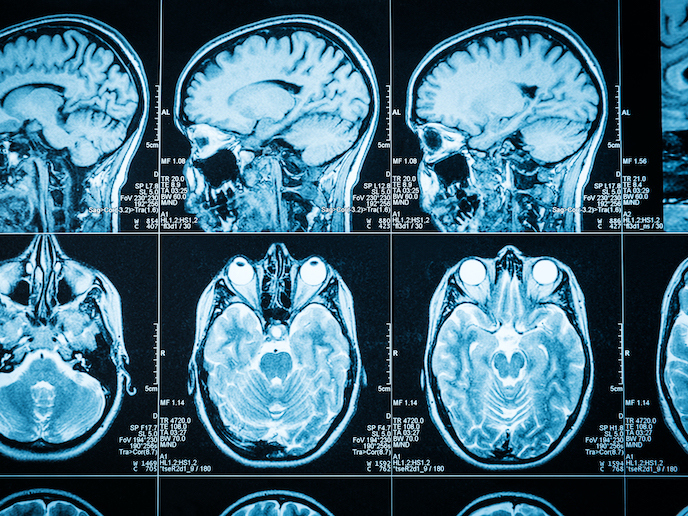Breast cancer treatment and cardiotoxicity
Recent research data suggests that anticancer Dox/Trz drug combination can target cardiac progenitor cells (CPCs) and reduce heart tissue homeostasis leading to cardiotoxicity. Cell nucleolar protein nucleophosmin (NPM) acts as a sensor of stress in cardiac cells treated with Dox. MicroRNAs (miRNA) are short non-coding RNAs regulating many cellular processes. The activation of miRNA-146a has been implicated in Dox/Trz associated cardiotoxicity. The EU-funded NUMIRDT (Nucleolar-dependent secretion of microRNA in a model of doxorubicin and trastuzumab cardiomyopathy) hypothesised that Dox/Trz treatment induces the secretion of specific miRNAs by CPCs, which is associated with the active release of NPM in the extracellular space. The most important achievement of the project was the creation of the mouse model that simulates the standard clinical protocol of Dox/Trz therapy and recapitulates their pathological effects on cardiac function. The in vivo and in vitro results, taken together with the data from other studies, indicate that CPCs represent an important target population in Dox/Trz cardiotoxicity. In vitro data demonstrated that CPCs are responsive to Dox/Trz and that these drugs induce an early stress response associated with the rapid secretion of NPM. The researchers proved for the first time that NPMs have an important role in the process of delivery and uptake of miRNAs. Taken together, the results of the project highlighted NPM as a new signalling molecule, able to mediate miRNA delivery in response to different stress factors. Significantly, the discovery of new molecular mechanisms of Dox/Trz-induced cardiotoxicity has the potential to improve current therapeutic approaches and facilitate the development of new ones.







